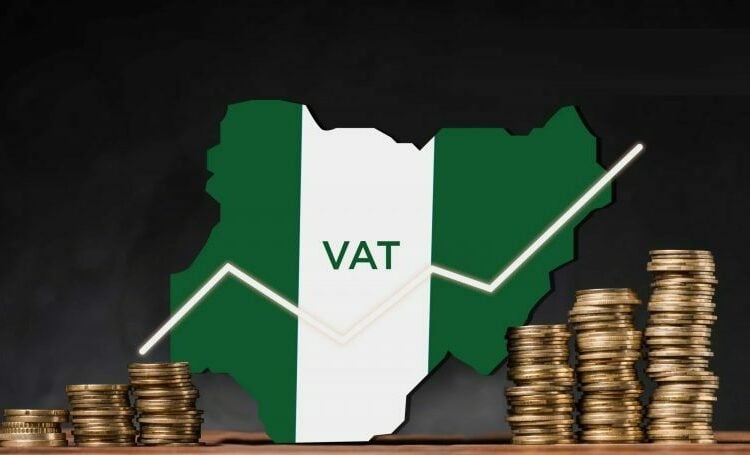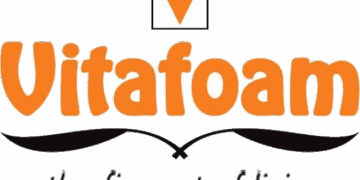The Federal Inland Revenue Service-owned electronic invoicing solution that was launched earlier this year is a game changer in tax administration and tax remittance. Designed to revolutionise how tax transactions are conducted in Nigeria, e-invoicing allows tax authorities to receive real-time data on business dealings, ensuring greater accuracy, transparency, and compliance.
Also known as the Merchant-Buyer Solution (MBS), the platform represents a major milestone in the ongoing digital transformation of the country’s tax system. It promises to make compliance easier, faster and more transparent for businesses and individuals, while giving government stronger tools to manage revenue administration.
At the heart of the initiative is the need to bring greater efficiency and accountability into taxable transactions. Electronic invoicing, or e-invoicing as it is commonly called, replaces the traditional paper-based invoice with a digital process that allows for issuing, transmitting and storing transaction records in real time. This ensures that commercial activities are immediately visible to tax authorities, reducing errors and preventing revenue leakages. Unlike the old method, where paperwork could be lost, delayed or manipulated, the new system provides authenticity, accuracy and completeness in every transaction.
Large businesses with an annual turnover of five billion naira and above are the first set of taxpayers being onboarded, signalling the seriousness of the project in capturing high-value transactions. To ensure smooth implementation, FIRS has partnered with the National Information Technology Development Agency (NITDA) and accredited service providers who act as system integrators and access point providers. These intermediaries will guide taxpayers through onboarding, integration and invoice transmission processes, ensuring that the platform is easy to adopt even for businesses with complex accounting systems.
For businesses, the advantages of e-invoicing go beyond mere compliance. The system simplifies record-keeping, removes the stress of paperwork, and provides verifiable transaction details that can instantly resolve disputes with regulators. It also automates invoicing tasks, reducing manual data entry and the risk of errors.
That efficiency translates into cost savings, time management and more reliable reporting of tax obligations such as Value Added Tax (VAT) and withholding tax. For government, the benefits are equally significant. The ability to access transaction data in real time strengthens oversight, improves audit processes and builds a more transparent framework for monitoring statutory payments.
The design of the e-invoice system makes it suitable for different categories of transactions, including Business-to-Business (B2B), Business-to-Consumer (B2C) and Business-to-Government (B2G). Every invoice includes the essential details of a transaction such as supplier and buyer information, description of items, quantities, prices, tax amounts and the overall total. With these details stored electronically in a standardised format, businesses can integrate their systems directly with FIRS, ensuring that records are consistent and easily retrievable whenever needed.
One of the most important features of the MBS platform is its ability to provide real-time tracking of invoices. Businesses are able to see the status of an invoice—whether it has been sent, viewed or paid—giving them greater transparency and helping them to manage cash flows more effectively. Interoperability is another advantage, as the system supports seamless communication between different enterprise resource planning (ERP) and accounting software. This makes it possible for companies across sectors to transact easily without worrying about incompatibility of systems.
Getting started with e-invoicing has also been made straightforward. Every business is required to have a valid Tax Identification Number (TIN) issued by FIRS. With this, taxpayers can log into the FIRSMBS portal, verify their email address and submit the required details for activation.
Once enabled for e-invoicing, they can begin issuing digital invoices directly on the portal or by integrating their ERP systems through the Software Development Kit provided by FIRS. The platform also uses a taxpayer identity management module, ensuring that digital profiles are properly configured for secure access.
The system places a strong emphasis on security and data protection. All interactions are encrypted using Transport Layer Security protocols to prevent interception and tampering. In addition, every invoice is accompanied by a digital signature, which ensures authentication, prevents denial of issued documents, and guarantees the integrity of transmitted data. This multilayered security structure reinforces confidence among businesses that their information is safe and their transactions are properly validated.
A further safeguard is the role of access point providers, who act as intermediaries between businesses and FIRS. They are responsible for verifying the accuracy of invoices before transmission, checking compliance with e-invoice standards and performing additional content validations.
This helps taxpayers avoid errors and ensures that only valid invoices are submitted to the tax authority. Importantly, all invoices must be reported in real time or near real time before being shared with buyers, making the system responsive and dependable.
The e-invoicing initiative is part of the broader FIRS Digital Transformation Strategy for 2023/2024, aimed at aligning Nigeria’s tax administration with global best practices. By digitising invoicing and linking it directly with tax reporting, the Service is not only making compliance easier but also positioning Nigeria’s revenue system for a future where transparency and accountability drive growth.
A key prerequisite for interaction is the taxpayer’s digital profile (taxpayer identity), which must be established and configured to enable system access to the APIs. This digital profile is part of the taxpayer identity management module within the solution and is also accessible to taxpayers’ Accesspoint (intermediary) via web interfaces.
Taxpayers are required to report invoices to the FIRS in real time or near-real time before sending them to the buyer. The eInvoice must be in the mandatory format, signed, and include specified data such as document type, names and VAT numbers of trading parties, and VAT amounts.
For many businesses, the adoption of the platform will prove to be more than just a compliance requirement. It is a tool that enhances operational efficiency, builds trust with regulators, and contributes to a more predictable business environment.
For government, it is a strategic reform that strengthens revenue collection and supports the national objective of fiscal sustainability. Ultimately, e-invoicing represents a win-win solution, bridging the gap between taxpayers’ need for ease of doing business and the state’s responsibility to enforce compliance.
By transforming the way invoices are issued and managed, FIRS has signalled a new era in Nigeria’s tax administration. The message is clear: tax compliance no longer needs to be a burden. With the Merchant-Buyer Solution, it can be simple, secure and efficient—ushering in a future where digital tools make both business and governance more transparent.





